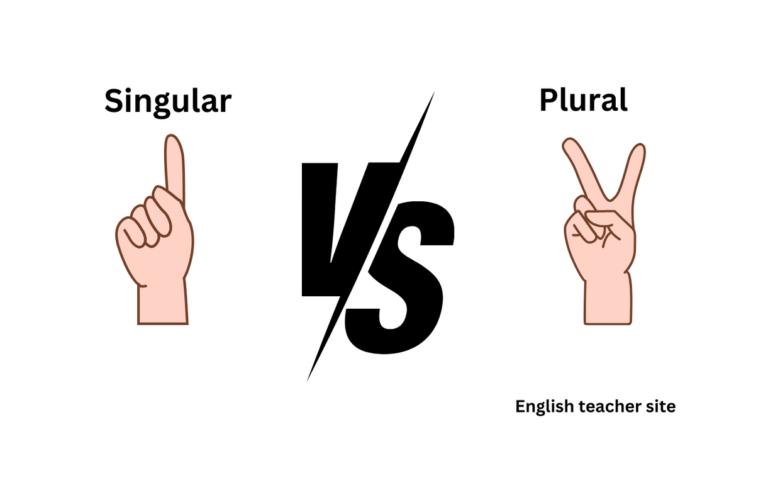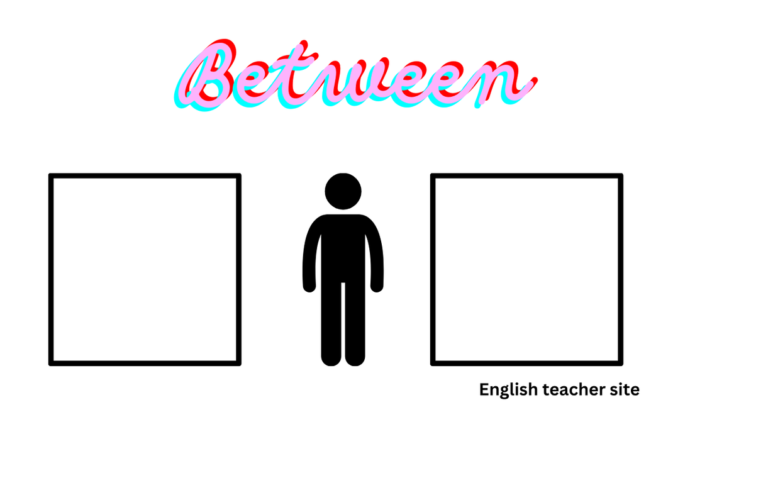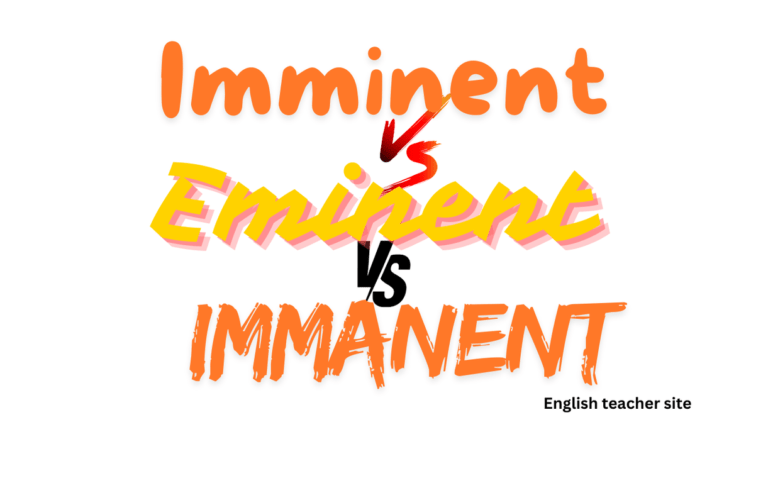Is It Bare With Me or Bear With Me? Unraveling the Confusion
The mistake of using “bare with me” arises from the similarity in pronunciation, despite “bare” meaning to uncover or reveal. This mix-up is a classic example of a homophone error, where two words sound the same but are not interchangeable. By understanding the etymology and correct usage of these expressions, one can avoid common mistakes…










